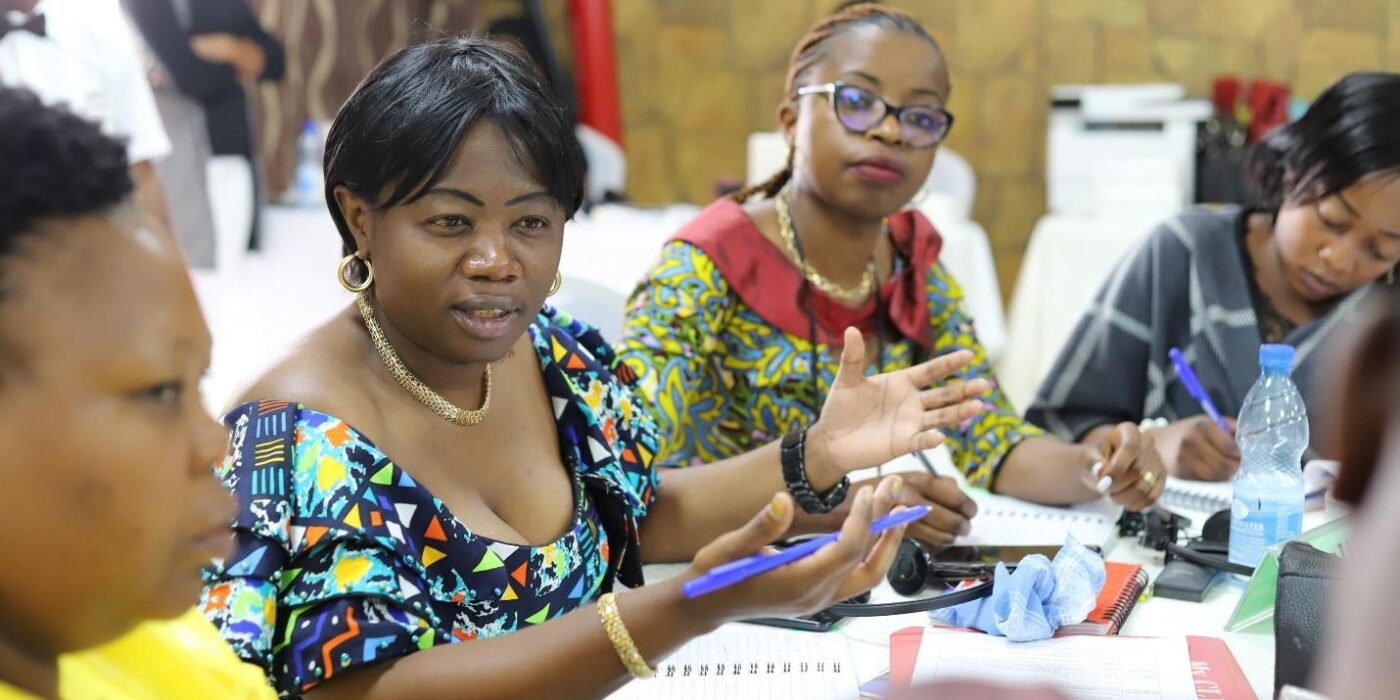It is the vision of Just Future partners to attain more inclusive policy outcomes with a focus on the youth and Women, Peace, and Security agendas that emphasises political decision making especially in peace processes which is more inclusive of and accountable to the most excluded constituencies.
Against this background, Women’s International Peace Centre in partnership with Cordaid organised a Learning and Networking Exchange for thirty partners from Afghanistan, Burundi, the Democratic Republic of Congo (DRC), Mali, Niger, and South Sudan from 8th to 11th August in Kampala.
Through mutual learning and capacity strengthening on lobbying and advocacy among civil society partners and other stakeholders, the practical learning space provided participants with a first-hand account from similar organisations on the Women Peace and Security agenda. It also provided a forum for knowledge exchange and learning of best practices that can be replicated in their home countries.
Presentations were made by a diverse group of experts, scholars and practitioners from the national and international peace and security arena on the localisation, funding, lobbying, emerging trends and other issues regarding the implementation of WPS agenda.
In the keynote’s address from Professor Cheryl Hendricks, the Executive Director of the Institute for Justice and Reconciliation (IJR) and a Board Member of the Peace Centre, it was noted that while there has been good progress in integrating the WPS agenda into the peace and security infrastructure which was formerly dominated by patriarchal attitudes, there are still a number of areas where there are deficits including targets for women in peacekeeping units and police forces which remain unattained.
She highlighted the increase in conflicts and the associated gender based violence, the rise in conservatism, militia conflicts, conflict connected to climate change, and rise in the militarisation of societies which continue to cripple the progress of the agenda. In her conclusion, she urged partners to think of more innovative solutions and a rethinking of approaches for implementing the agenda that will get their governments involved and participating.
The meeting also facilitated sessions of engaging regional institutions such as FemWise and Intergovernmental Authority on Development (IGAD) and their role in advancing the Women Peace and Security Agenda. Remarks from Canon Joyce Nima, emphasised that FemWise collaborates with networks in the other regions of the world, especially South to South networks to institutionalise inclusion of women in peace and mediation processes, build the capacity of professional women mediators at all levels, join panels, and facilitate the deployment of women-only mediators in cases where it is called for.
IGAD on the other hand is working in partnership with its eight member states to develop National Action Plans for UNSCR 1325 to fit individual country needs, Rabab Baldo, a panellist from IGAD shared.
Other discussions of the meeting focused on sharing experiences and success stories of implementing WPS at country level, strengthening women’s representation and participation in peace processes and post conflict peace building, trends and emerging needs for new security issues to which the WPS framework should be applied and wellness and wellbeing for development practitioners.
The workshop culminated in the country groups developing lobby and advocacy plans based on what insights they had gleaned from the discussions and experience sharing. They were tasked with taking these drafts back to their countries and making concrete action steps that are feasible to implement.



